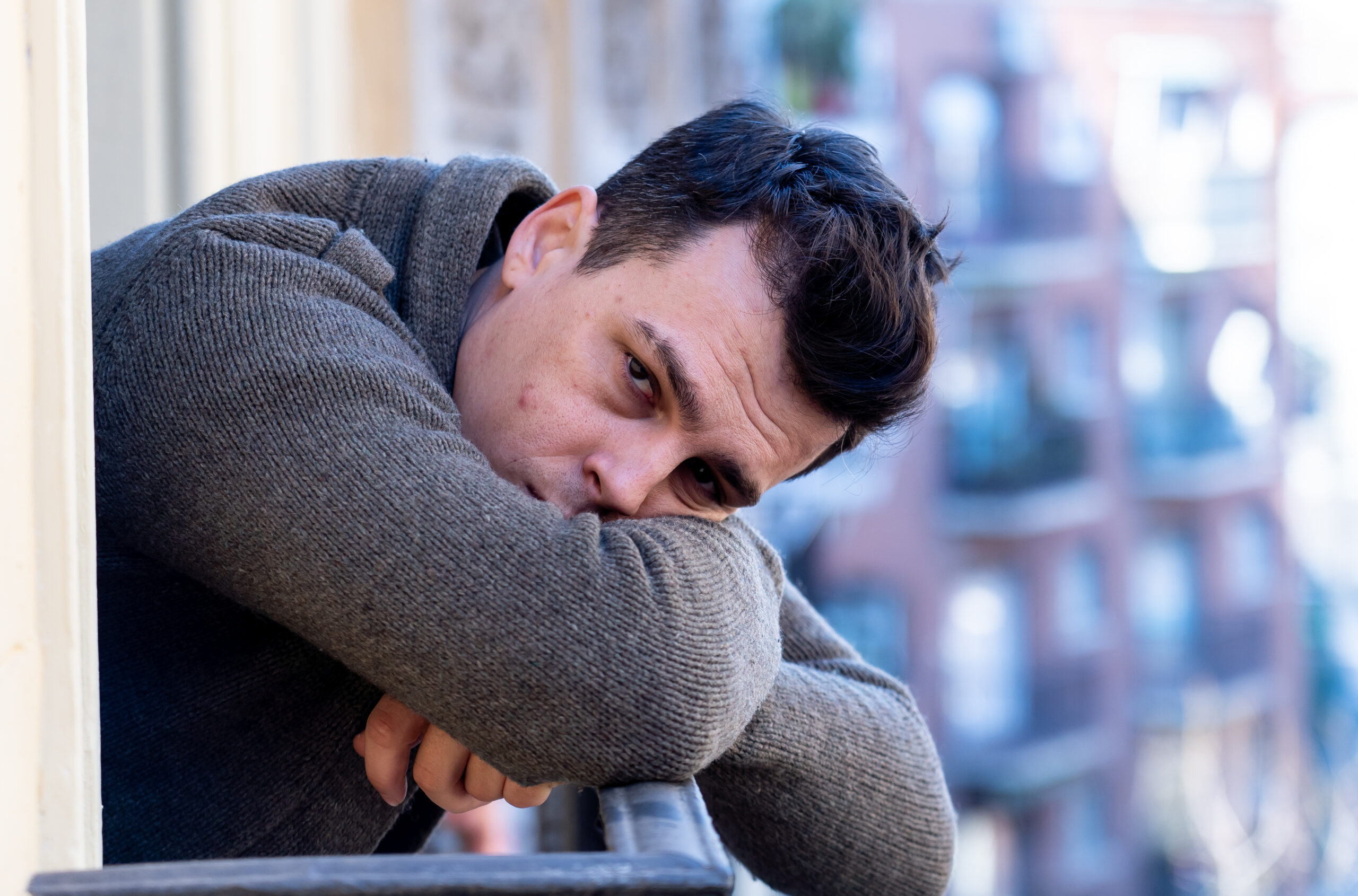You may know someone who doesn’t want to admit they have a problem. But does anyone?
It’s hard to understand unless you’ve gone through it. But to addicts, it’s very real and terrifying. Instead of looking solely at their actions, try digging a little deeper. It’s not as black and white as you may think. Here are three reasons someone you know may hide their addiction:
1. They’re ashamed
Everyone wants others to think well of them, and addiction is not thought well of in our society. Add religion into that and it can be even worse; no one wants to admit they’re struggling with a serious problem.
We’re programmed to think we can handle things on our own, that when it involves our private lives, it’s no one else’s business. We don’t want to disappoint our parents, our friends, our siblings who look up to us.
Because of this, opioid users hide it. They pretend that nothing is going on, as they secretly pop pill after pill and hate themselves for it. They take more and more medicine without letting anyone know, and go visit another doctor “on the side” to continue feeding their addiction.
2. They don’t see it as a problem
Some people like the high opioids give them. They’re not technically doing anything wrong – their doctors prescribed them the drugs after all.
They may have started out taking opioids to manage pain, but somewhere along the road that turned into a “need.” Opioids relax them, they make them feel like everything is right in the world for a bit. They can even separate them from reality in a sense, and they look forward to those moments of bliss when they take their next dose.
People in this category can become defensive and angry when told they have a problem, because they don’t see how it’s a bad thing. Sure it may come with a few annoying side effects, but it makes them feel good.
In short, they are thoroughly addicted.
3. They can’t see a future without the drugs
Addicts can reach a hopeless state, where they feel there is no way out of the predicament they’re in. They don’t see how they can ever stop taking opioids, they’re too addicted and they can’t live without them.
They accept that they’re addicts, and probably will be for life.
So when they’re asked how it’s coming, they may lie and say they’re tapering off. They may say that they’re good and have stopped taking the drugs.
They don’t want to admit that they’re stuck and hopeless. Some may think they can take opioids indefinitely, or they may try to convince themselves that they aren’t so bad. They take what they see as the easy route, and that’s giving up.
Unfortunately, we all know that doesn’t end well.
It’s up to us to stop the cycle
If you know someone hiding their addiction, try and get them help. Spread awareness on the dangers of opioid addiction, so when someone you love is prescribed them, you know what to do. Even if you have to force your help on a loved one, what’s the alternative?
Opioids are not something you can take indefinitely. They can and will kill you. Someone dies every 11 minutes from opioid overdose, and that’s not even including the ones who turn to illegal drugs when their doctors cut them off.
Let’s examine these three reasons opioid users hide their addiction and use them to be aware.
If we’re aware someone has a problem, that’s when we can help them.




